Bu içerikte, Londra hastanelerinin 2018 ve 2023 yılları arasında yabancı hastalardan tahsil edemediği tedavi faturalarının 112 milyon sterlini yazdığı ortaya çıktı. Şu anda NHS yönetmeliklerine göre, İngiltere’deki hastane vakıflarının, İngiltere’de “düzenli olarak yerleşik” olmayan hastalardan acil olmayan tedaviler için ücret talep etmesi gerekmektedir. Eleştirmenler, bu maliyetleri geri kazanma sisteminin adil olmadığını ve etkisiz olduğunu iddia ediyorlar. Sağlık ve Sosyal Bakım Bakanlığı (DHSC), mümkün olduğunca önceden ödenmemiş olan tüm ücretleri toparlamayı beklediğini söyledi. Londra’nın 32 akut hastane vakfından tümünün yabancı hastaların faturalandırılması hakkında bilgi almak için BBC ile iletişime geçti. Yanıt veren NHS vakıfları, bu dönemde bu tür tedaviler için toplam 223 milyon sterlin fatura keserken, 112 milyon sterlin sonradan kötü borç olarak yazıldı. Acil ve GP hizmetleri herkes için ücretsiz olsa da, vakıflar, İngiltere’de düzenli olarak ikamet etmeyen hastalardan diğer türdeki acil olmayan tedaviler için fatura kesmek zorundadır ve standart NHS ücretlerinin %150’sini talep etmektedir. Bu prim, hastaları tanımlama ve ödeme takibini kapsamak üzere tasarlanmıştır. “Sağlık turizmi” ile mücadele etmeyi amaçlayan bu ücretlendirme sisteminde, mülteci başvuru sahipleri ve insan ticareti mağdurları da dahil olmak üzere savunmasız gruplar için muafiyetler bulunmaktadır. Ancak hastaneler, özellikle hastalar yurtdışına döndüğünde, maliyetleri toparlamakta zorlanmaktadır. Vakıflar, maliyetleri toparlama yasal yükümlülüğünü ve ihtiyaç sahibi hastaların tedavi edilmesinin gerçeklerini dengelerken zor kararlarla karşı karşıya kalmaktadır. Barts Health, doğuda büyük bir nüfusa hizmet veren Londra’daki tüm yanıt veren vakıflar arasında en yüksek olan 5 yılda 35 milyon sterlinlik ödenmemiş faturaları yazdı. Sözcü, “Uygun olduğunda, tedavilerinin maliyetinden sorumlu hastalardan ödeme almak için her türlü çabayı gösteriyoruz” dedi. Ancak, hastanın “sınırlı fonlara sahip olabileceğini ve bazılarının İngiltere’de ikamet etmediğini” belirtti ve bu nedenle ödemenin toparlanmasının zor olabileceğini söyledi. King’s College Hastanesi 17 milyon sterlini terk ederken, diğer 10 vakıf her biri geri kazanılmamış ücretlerden 1 milyon sterlinin üzerinde yazdı. King’s College Hastanesi adına bir sözcü, “Hastanelerimizde ücretsiz NHS tedavisine uygun olmayan hastaları tanımlama yasal yükümlülüğümüzü ciddiye alıyoruz” dedi. Sözcü, vakfın “gelir toparlama süreçlerine adil ve orantılılık ilkelerini yerleştirmeye çalıştığını” ekledi. 11 milyon sterlin yazan Lewisham ve Greenwich Trust, “asla kimsenin tedaviden kaçınmasına neden olmayacaklarını, özellikle bu hastaların çoğu doğum hizmetlerimizi kullandığını” söyledi. Sözcü, “hasta grupları ve ortaklarla ücretlendirme düzenlemeleri konusunda yakın çalıştıklarını, her zaman tüm hastalara karşı sempatik, şefkatli ve destekleyici bir şekilde hareket ettiklerini” vurguladı. İngiliz Tıp Birliği (BMA), ücretlendirme politikasını eleştirmeye devam ederek, bu politikanın savunmasız grupların gerekli sağlık hizmetlerine erişimini engellediğini ve NHS personelinin hastane bakımından uzaklaşmasına neden olduğunu iddia ediyor. Beni gibi hastalar, adil olabileceğini söylüyorlar. İngiltere’de oturum izni başvurusunda bulunan engelli bir adam olan Beni, Londra’daki bir hastane vakfı tarafından protez bacak takma için iki hastane randevusuna katıldıktan sonra 495 sterlinlik bir fatura için takip edildi. “Hastanenin benimle çok kaba ve bana karşı daha agresif olduğunu hissettim çünkü engelli olmama rağmen yardıma ihtiyacım vardı,” dedi. “Burası negatif biri olduğumu hissettirdi, çünkü hiçbir şey yapamıyorum. Çalışamam, hiçbir şey yapamam. Sadece kontrol için bana 495 sterlin aldılar ve bu, o zamanlar çalışamadığım ve hiç gelirim olmadığı için çok pahalıydı. Uzun bir süre boyunca aylık ödemeye çalıştım. Bu içerikte, NHS’nin yabancı hastalardan ücret talep etme uygulamasının kamu sağlığını olumsuz etkilediği ve maliyetleri artırdığı iddiasını savunan kampanyacı Dr. Omar Forge Risk’in görüşleri ve NHS’deki sağlık turizmi sorununu tartışan doktorların deneyimleri yer almaktadır. Ayrıca, NHS için ek gelir sağlayabileceği tahmin edilen daha tutarlı yabancı hastalardan ücret talebi konusunda eski sağlık bakanı Jeremy Hunt tarafından yayınlanan bir hükümet modellemesi ve NHS’nin yılda “on milyonlarca pound” geri kazandığını savunan mevcut hükümetin savunmaları da bulunmaktadır. Bu içerikte, içerik açıklaması oluşturma süreci ve önemi ele alınmaktadır. İçerik açıklaması, bir içeriğin özetini ve ana fikirlerini okuyucuya sunarak içeriğin ne hakkında olduğunu anlamasını sağlar. İçerik açıklaması, içeriğin hedef kitleye ulaşmasını ve okuyucuların ilgisini çekmesini sağlayarak içeriğin etkili bir şekilde iletilmesine yardımcı olur. Bu içerikte içerik açıklamasının nasıl oluşturulacağı ve nelere dikkat edilmesi gerektiği gibi konular ele alınmaktadır.
[ad 1]
Kaynak: www.bbc.com
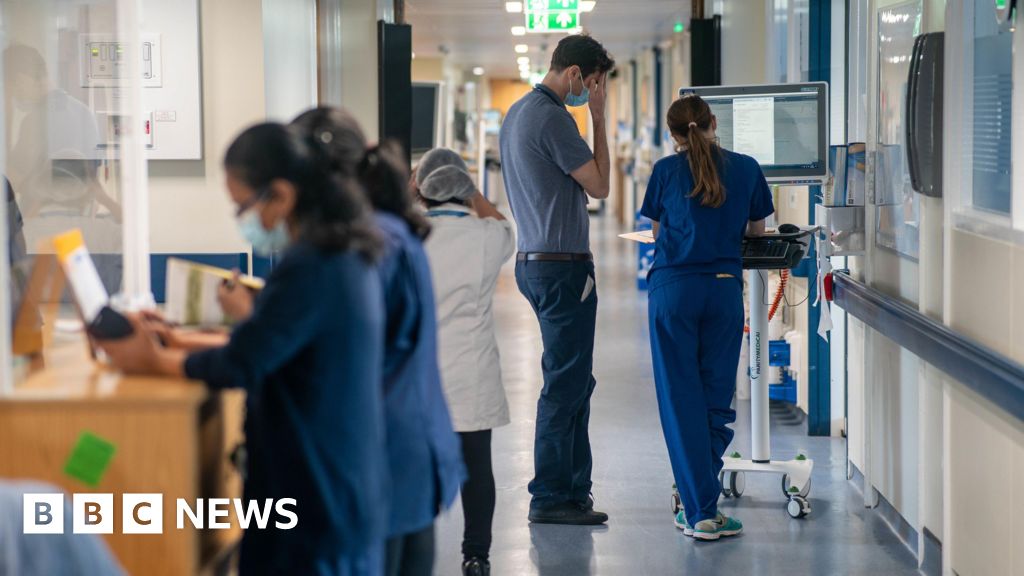

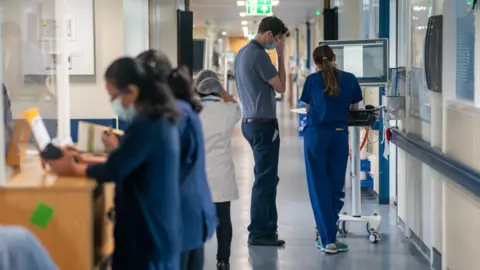
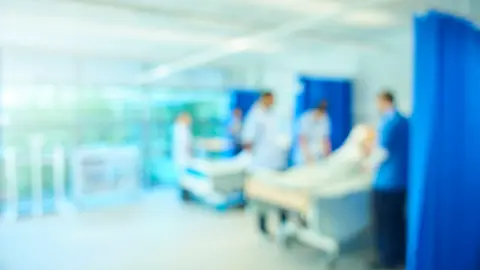
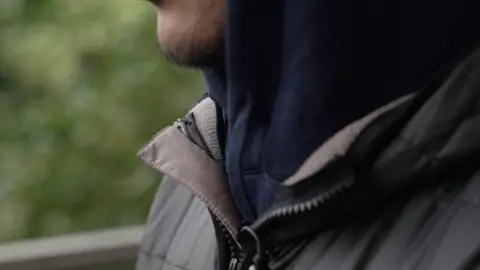
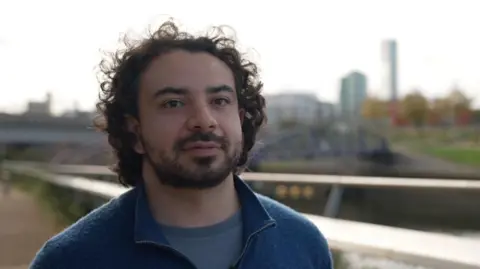
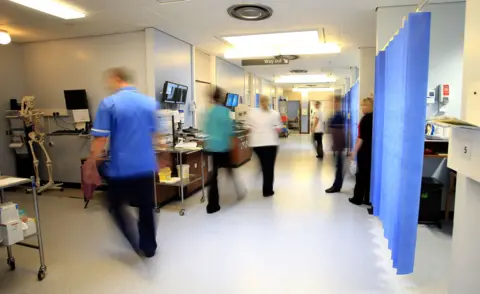






Yorumlar kapalı.